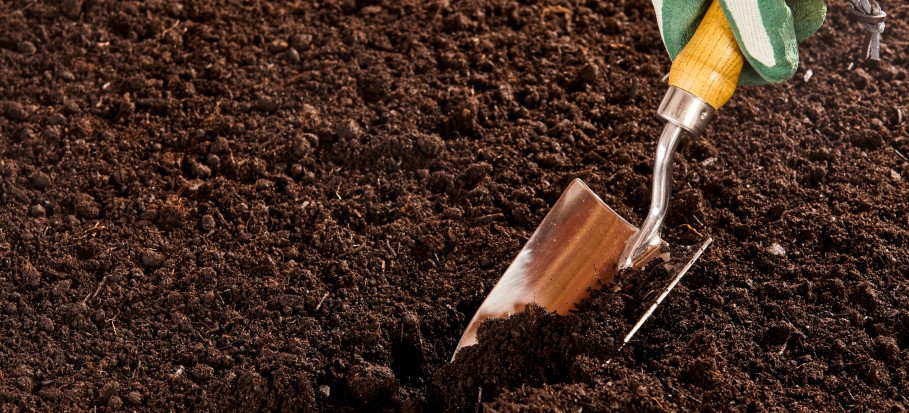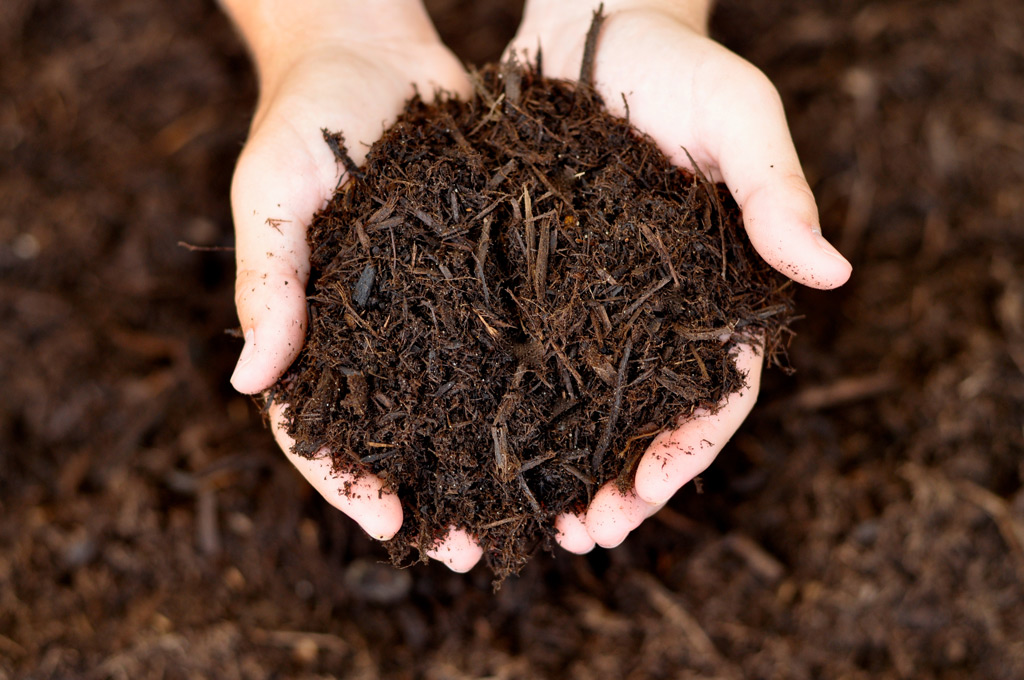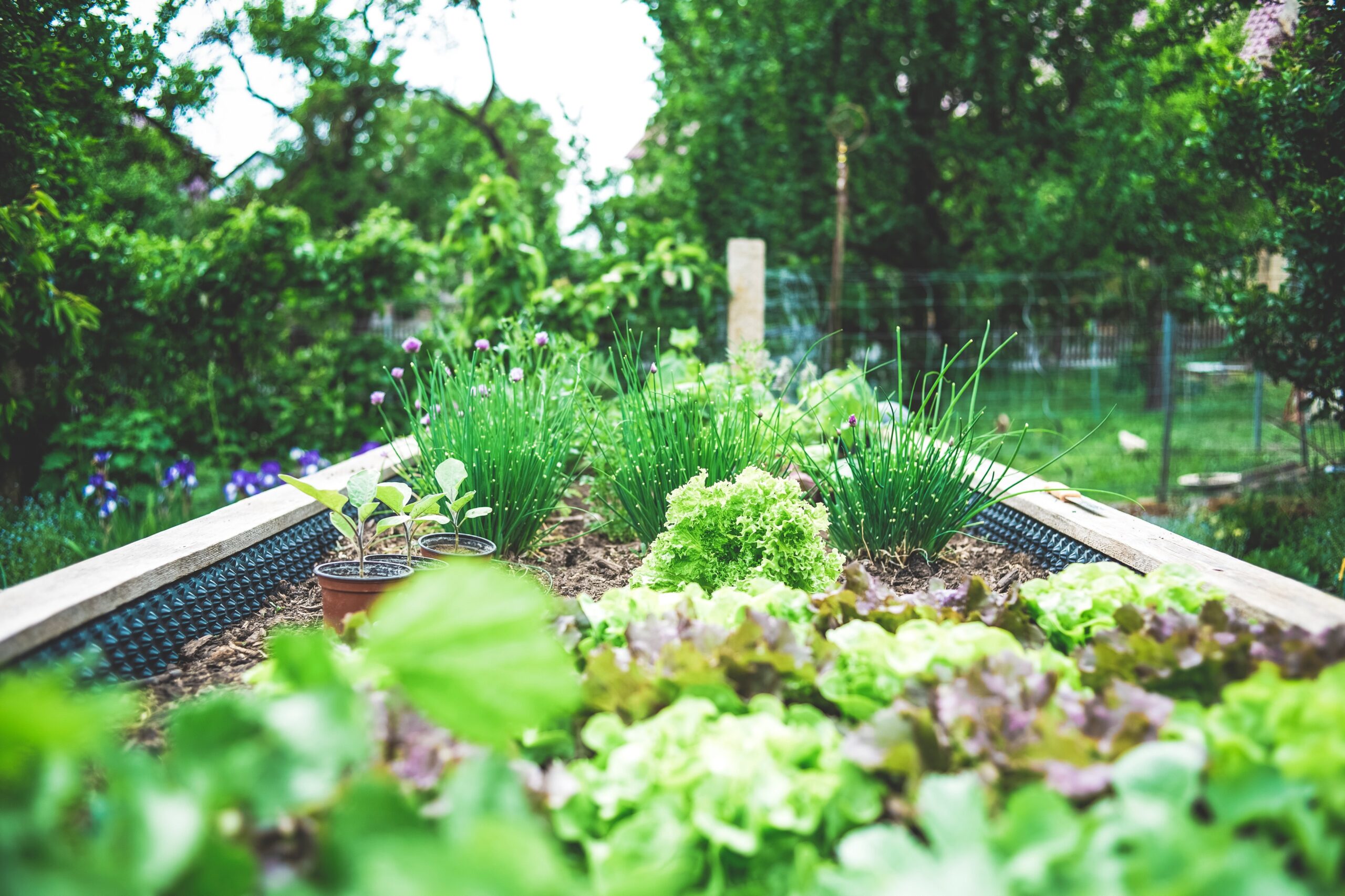Growing your vegetables is a rewarding and fulfilling experience that can provide you with fresh produce and save you money in the long run or if you want to turn vegan. However, if you’re new to gardening, it can be overwhelming to know where to start.
In this guide, we’ll provide you with tips and tricks for starting a vegetable garden for beginners.
Choose the Right Location
The first step in starting a vegetable garden is choosing the right location. Look for a spot in your yard that gets at least 6 hours of direct sunlight per day and has well-draining soil. If you don’t have a yard, consider growing vegetables in containers on a balcony or patio.
Start Small
It’s important to start small when you’re new to gardening. Don’t try to grow too many vegetables at once or you may become overwhelmed. Instead, start with a few easy-to-grow vegetables, such as tomatoes, lettuce, and beans.
Prepare the Soil

Good soil is essential for a successful vegetable garden. Before planting, loosen the soil with a garden fork or tiller and add compost or aged manure to improve the soil’s fertility. You can also add organic fertilizer to provide your plants with the nutrients they need.
Choose the Right Plants
When choosing plants for your vegetable garden, select varieties that are well-suited to your climate and growing conditions. Some easy-to-grow vegetables for beginners include tomatoes, lettuce, zucchini, cucumbers, and beans. You can also grow herbs such as basil, parsley, and cilantro.
Plant at the Right Time
Timing is important when it comes to planting vegetables. In general, you should plant seeds or seedlings in the spring after the last frost date in your area. However, some vegetables, such as lettuce and spinach, can be planted earlier in the season.
Water and Mulch

Watering your vegetable garden regularly is important to keep your plants healthy and productive. Water deeply and infrequently to encourage deep root growth. Adding a layer of mulch around your plants can help to retain moisture and suppress weeds.
Harvest and Enjoy
As your vegetables grow, you’ll need to harvest them regularly to encourage continued production. Use a sharp knife or scissors to harvest your vegetables when they’re ripe, and enjoy them fresh or preserve them for later use.
Conclusion:
Starting a vegetable garden for beginners can be a fun and rewarding experience. By following these tips and tricks, you can create a successful vegetable garden and enjoy fresh produce all season long. Whether you have a yard or a balcony, you can start your own vegetable garden and experience the satisfaction of growing your own food.
